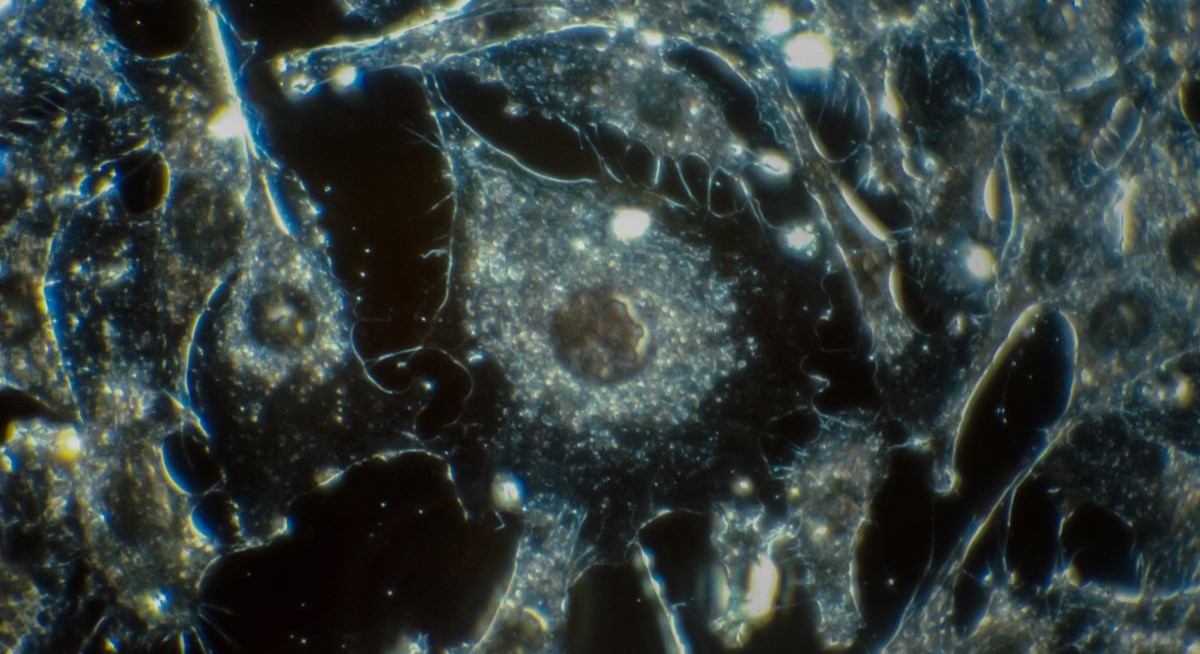
Cancer Metabolism Research for Cancer Treatments
In recent years, an increasing amount of research has been published on metabolic processes in tumors as a potential area of focus for the treatment of cancers. Importantly, researchers are looking at how cancerous cells adapt through altered metabolic processes and how this promotes their proliferation.
Here, we look at some of the research and how efforts in this field are helping to develop more concrete insights into the metabolic processes in cancerous cells.
Cancer metabolism and metabolic rewiring
Metabolism is the processes where cells convert protein, carbohydrates and fats into energy for survival. Cancer metabolism refers to a variety of metabolic changes that take place in cancer cells, also referred to as metabolic reprogramming or rewiring. It is one of the main hallmarks of cancer, alongside uncontrolled growth, metastasis and the evasion of immunosurveillance and apoptosis.
These mechanisms differ from the metabolic processes that take place in healthy, non-malignant cells, and might help us to better understand the behavior of cancer cells and develop effective treatments.
Though there has been more research in the last decade, cancer metabolism has been important to cancer research for around a century.
The Warburg effect
In the 1920s, Nobel Prize laureate Otto Warburg identified different metabolic processes in cancer cells. Specifically, he observed that cancer cells use glucose in greater quantities than non-malignant cells and release energy through an unusual form of aerobic glycolysis.
Typically, if sufficient oxygen is available in the body, as is the case in aerobic respiration, glucose is broken down into pyruvate in the cytoplasm, which is then transported into the mitochondria in the subsequent stages of aerobic respiration. In low-oxygen conditions, i.e., during anaerobic respiration, glycolysis is followed by lactic acid production which takes place in the cytoplasm.
Differently, Warburg found that cancer cells switch from glycolysis to lactic acid production, taking place in the cytoplasm, even when sufficient oxygen is present. This unusual form of aerobic glycolysis is known as the Warburg effect. Today, researchers have found that such a metabolic change might be advantageous for cancer cell survival and proliferation.
Cancer metabolism and cancer therapies
Recent research on cancer metabolism includes investigations into metabolic manipulation, treatment resistance, and the roles of amino acids, lipids, and other sources of energy in cancer metabolism.
A number of MDPI journals, like Cancers, Magnetochemistry, and Journal of Molecular Sciences feature research on cancer metabolism. Here, we look at two of these studies and their implications.
Metabolic changes and therapy resistance
Understanding the way that cancer cells and tumor tissue survive can also help in developing effective treatments. This is particularly important in cases of treatment resistance or relapse.
In a paper published in the journal Cancers, the authors investigated the link between treatment resistance and metabolic changes in cancerous cells. Specifically, the authors studied the way that metabolic reprogramming promotes resistance to therapies designed against multiple myeloma (MM), a common type of blood cancer.
Treatments that focus on proteosome inhibition to promote cell death in cancerous cells are “the backbone” of current MM therapy. This review highlights the potential mechanisms that contribute to proteasome-inhibition resistance in relapse or resistant MM. Focusing on metabolic reprogramming, the authors note that it fuels “increased proliferation”, “a permissive tumor microenvironment”, and “drug resistance”, all of which make treatment harder.
Reviewing the current knowledge on MM and metabolic reprogramming, the authors call for further research into metabolic alterations and their role in cancer progression and resistance. As noted by the authors, a greater focus on metabolic alterations can help to better understand the pathogenesis of the disease and to identify adjuvant therapies.
Identifying cancers through imaging
Detecting altered metabolic processes can help to identify cancer early on. Imaging techniques are being trialed to make this process quicker and more effective for monitoring tumor progression.
In an opinion piece published in Magnetochemistry, the authors explore the use of deuterium metabolic imaging (DMI) and spectroscopy (DMS) to monitor metabolic conversion in tumors. Introduced in 2018, the use of this method for cancer research remains in the preclinical stage. The method could be used instead of or alongside standard techniques like positron-emission tomography (PET) to obtain information on tumor formation and metabolic rewiring.
The authors highlight the potential uses for DMS and DMI to identify and characterize tumors, as well as in monitoring ongoing cancer treatments. These could help to make monitoring and identification techniques more robust and accurate. Additionally, the authors provide recommendations for the development of DMI and DMS, including cost-effective imaging optimization, increased detection thresholds, and multidisciplinary collaborations involving radiologists, engineers, and magnetic resonance physicists.
It’s important to note here that research into cancer metabolism is a collaborative effort, with many researchers working to understand the extremely heterogenous processes that occur in cancerous cells.
Future research and open access publishing
The articles published in these journals are part of the important push for research on cancer treatments. The increased focus on cancer metabolism is opening up new avenues to explore in monitoring, treating, and understanding the mechanisms by which cancers survive and proliferate.
The research in Cancers, Magnetochemistry and all MDPI journals is available in an open access format and can be viewed online immediately after publication. As discussed in this article, understanding cancer metabolism will be useful for the development of effective new treatments and the monitoring of cancer progression, making it an important field to follow.
To find out more about the latest research in this field, you can explore more of the research in MDPI journals.










